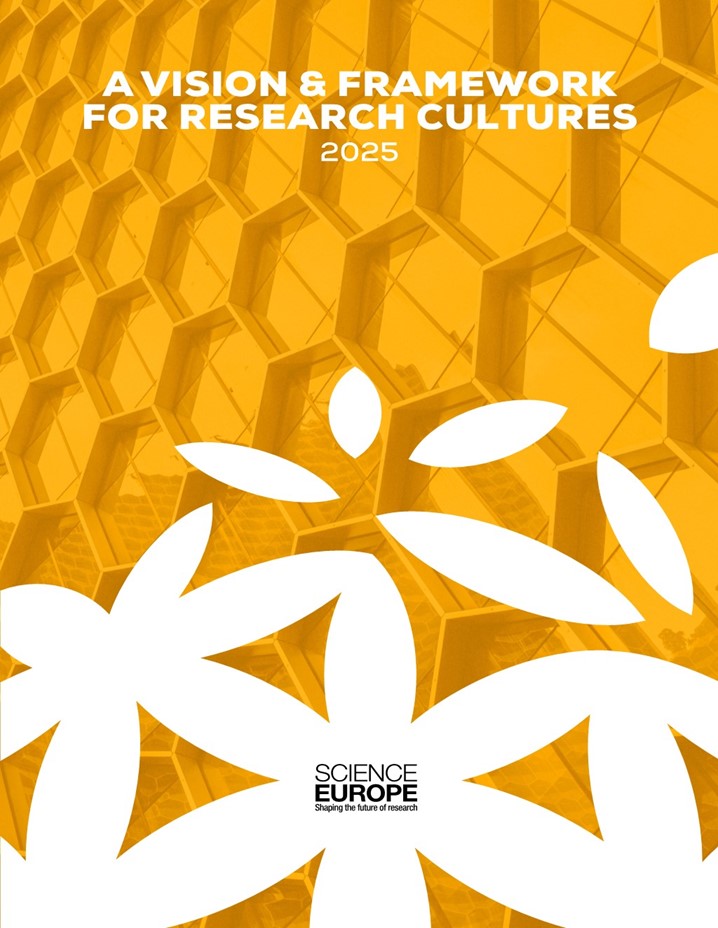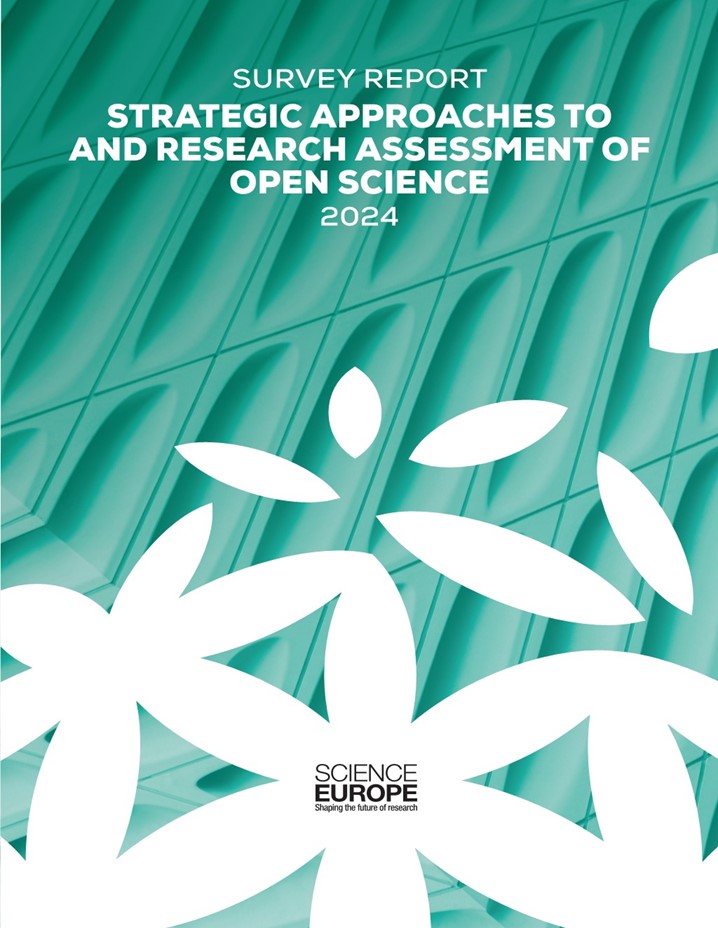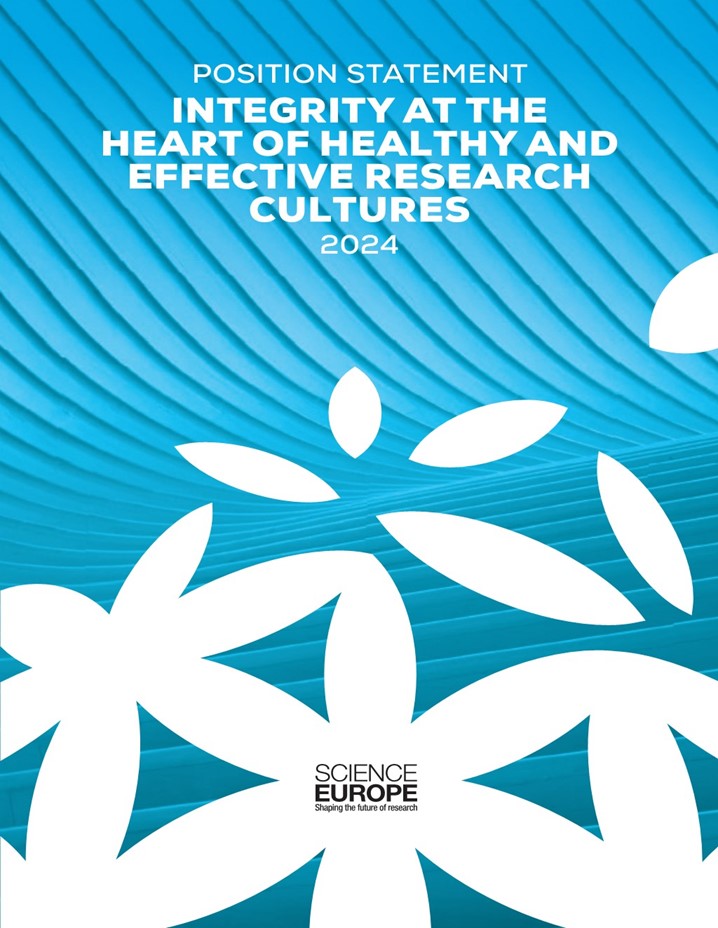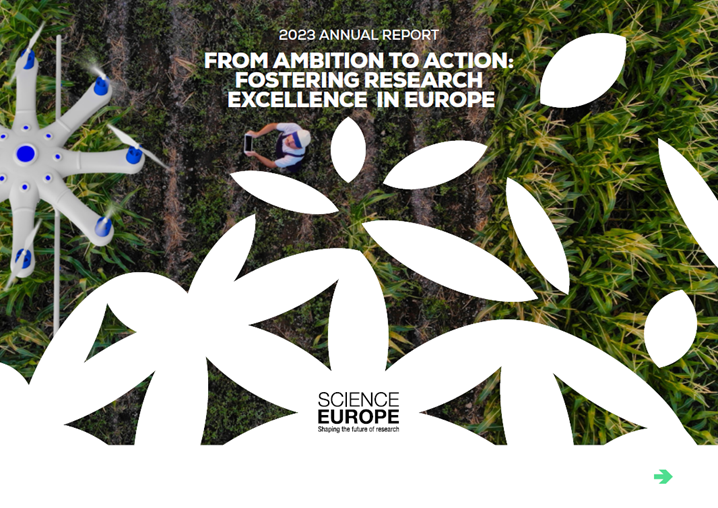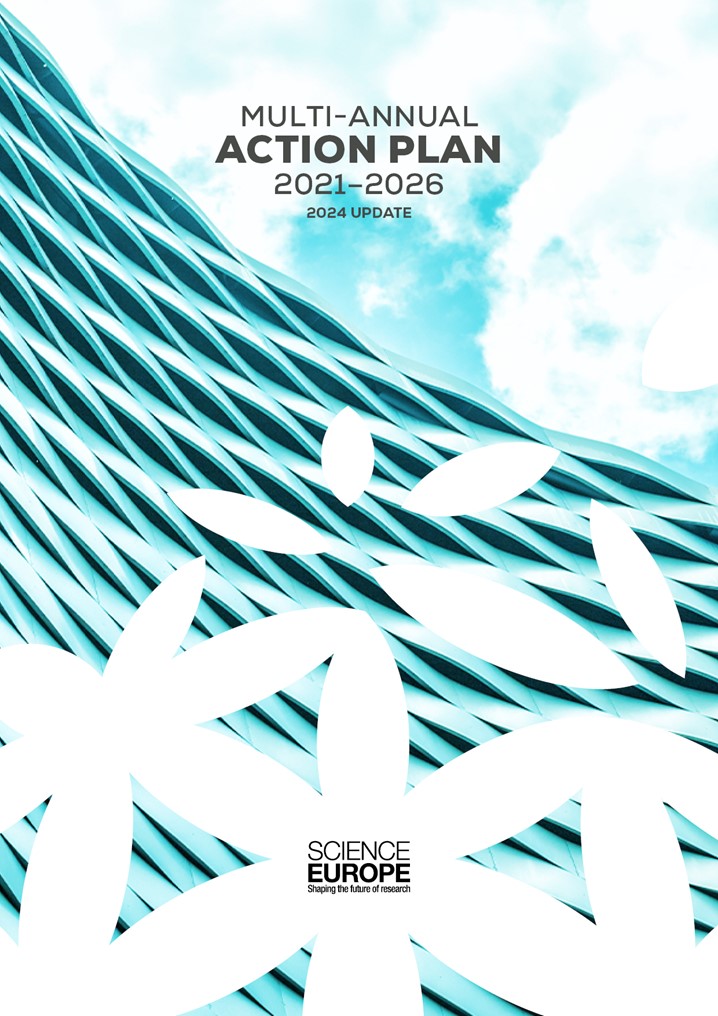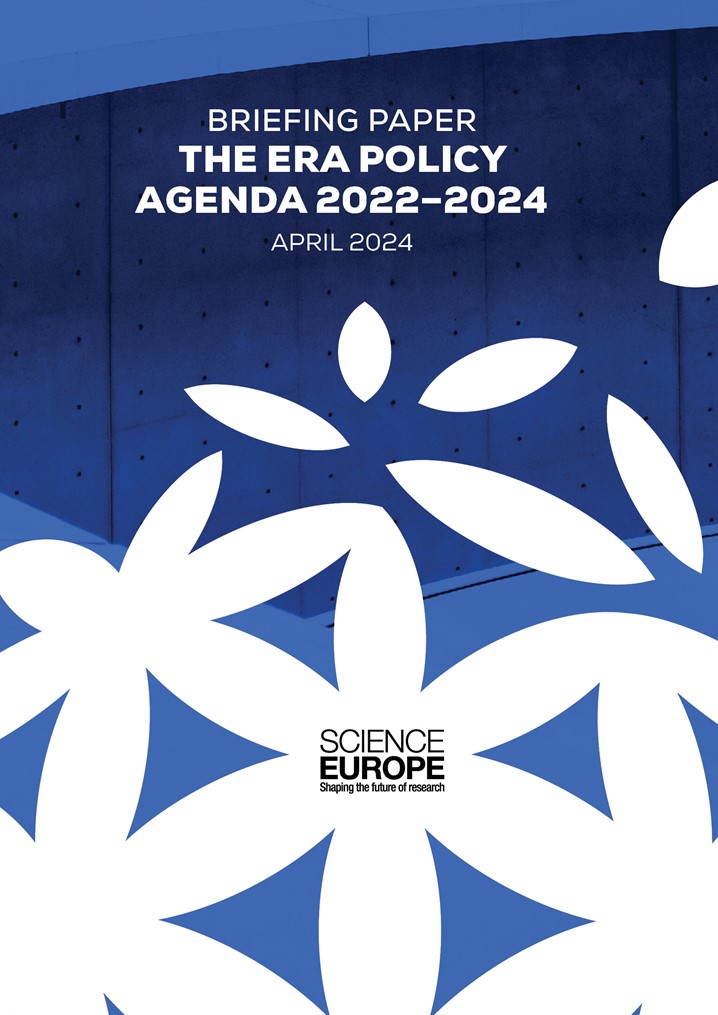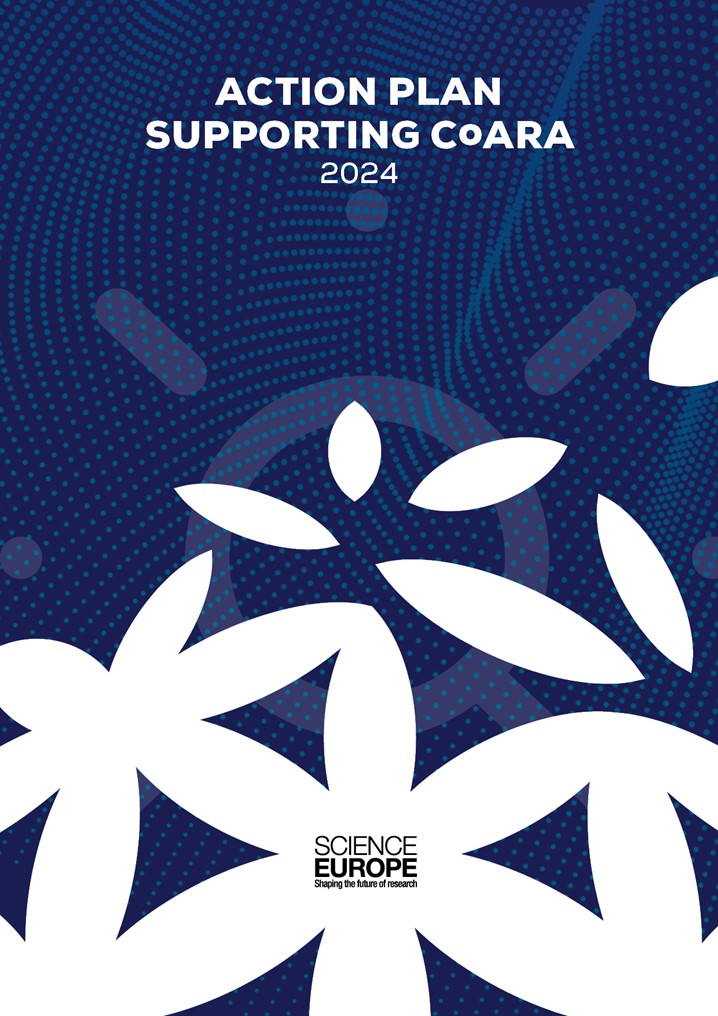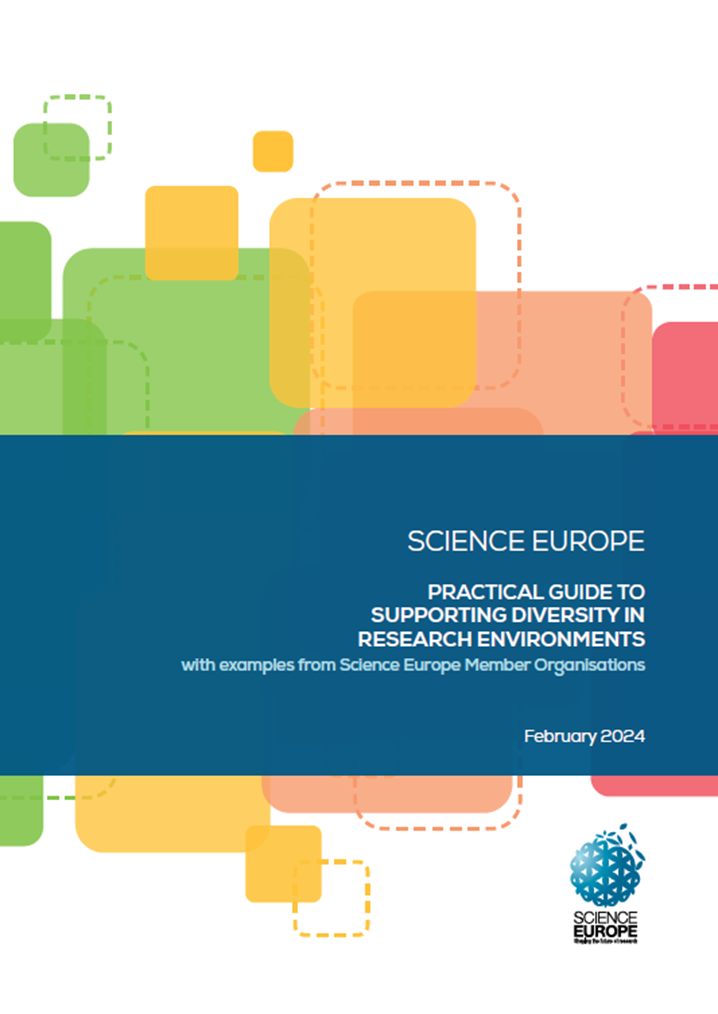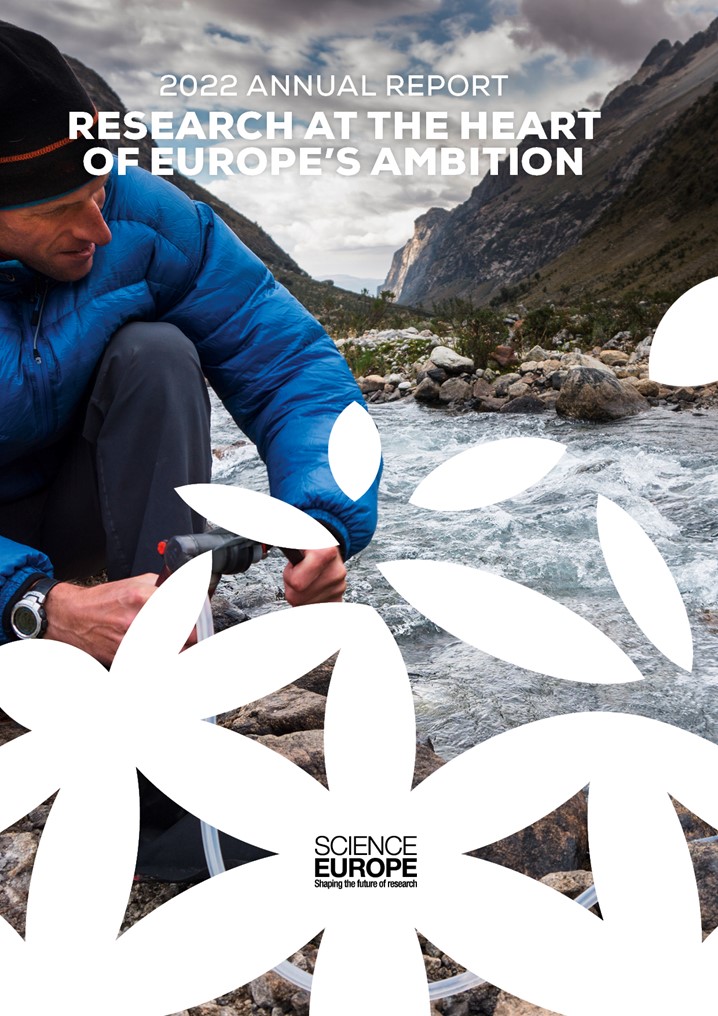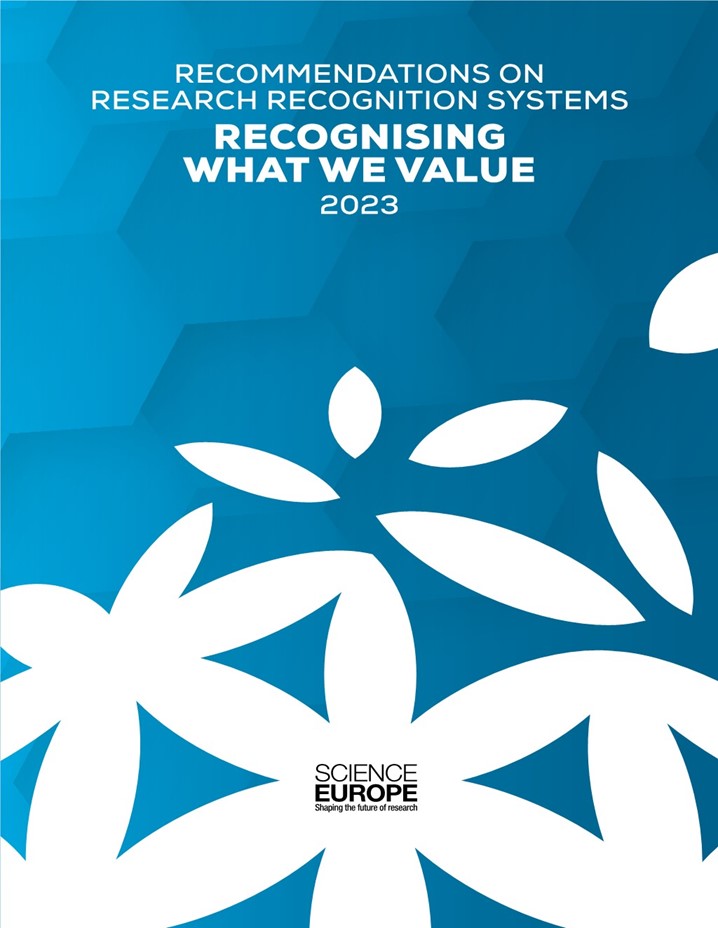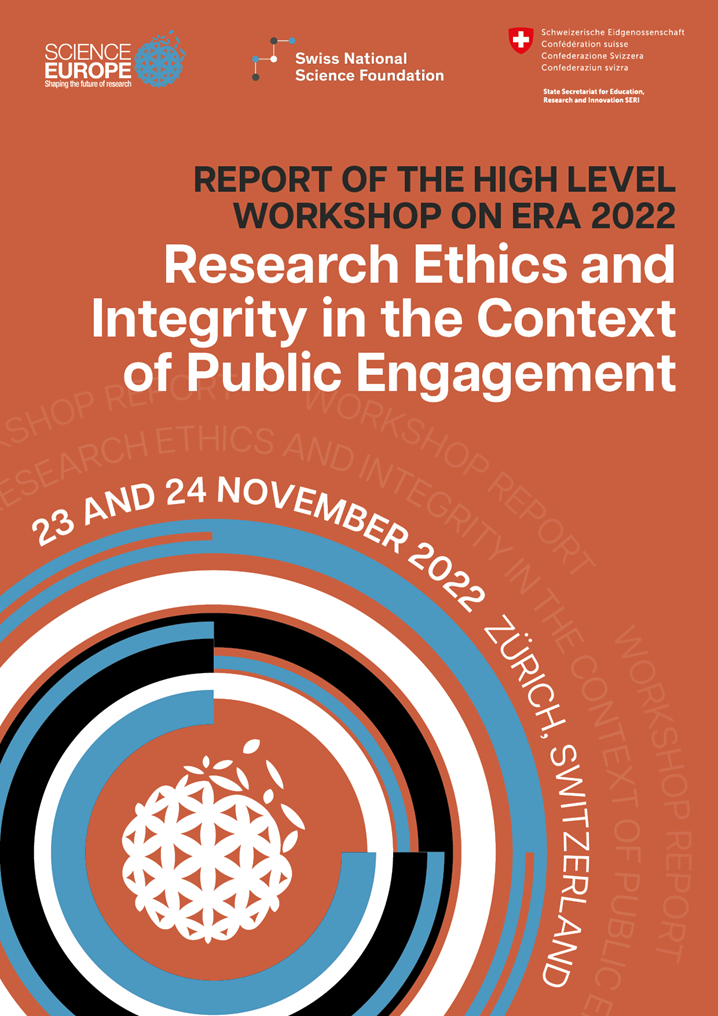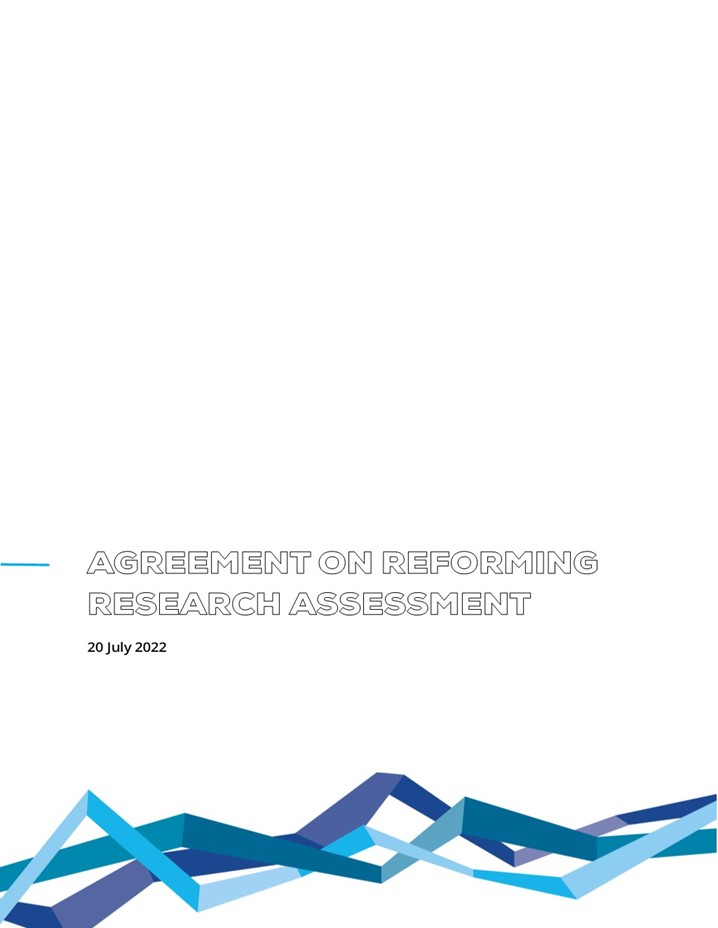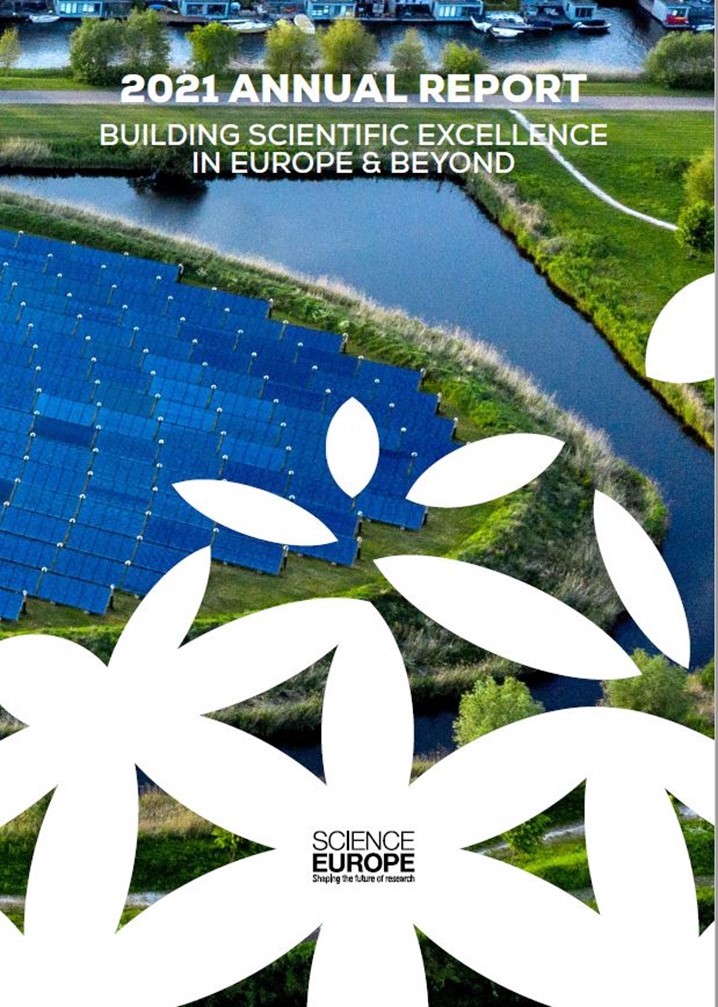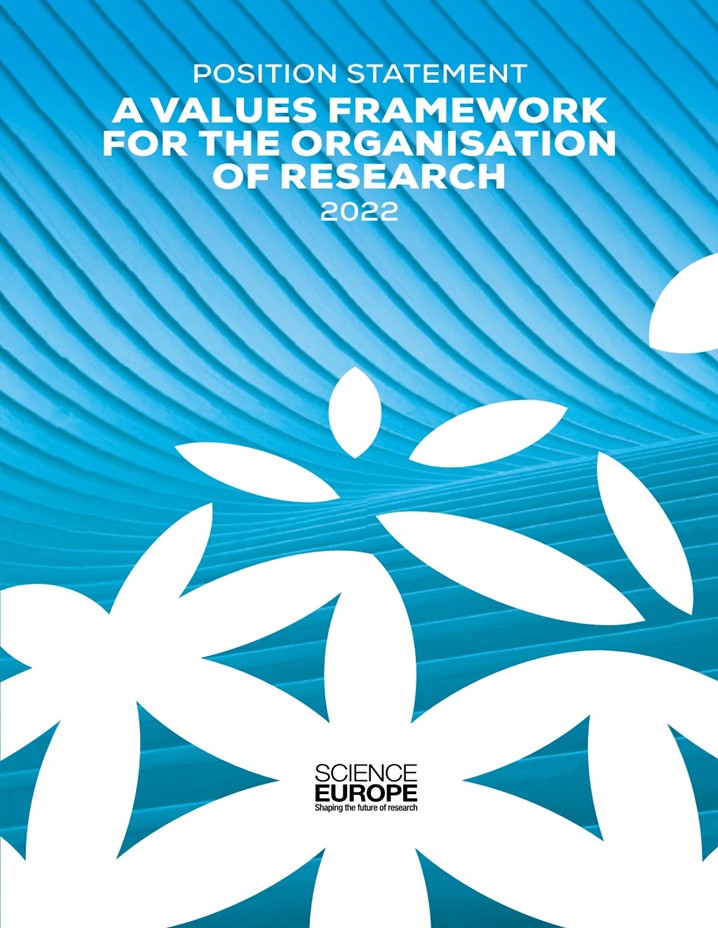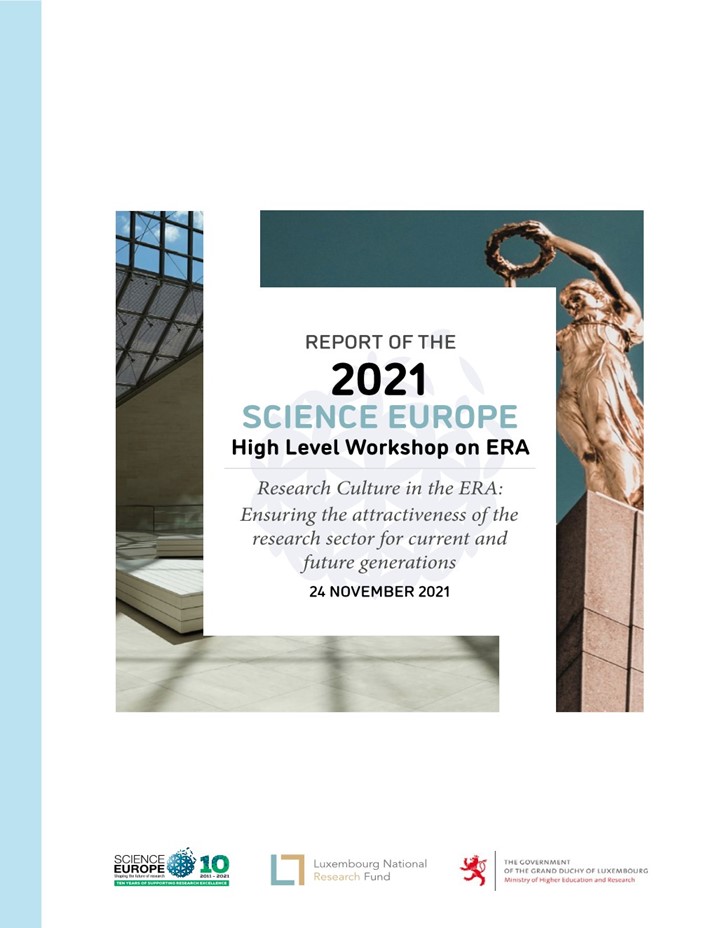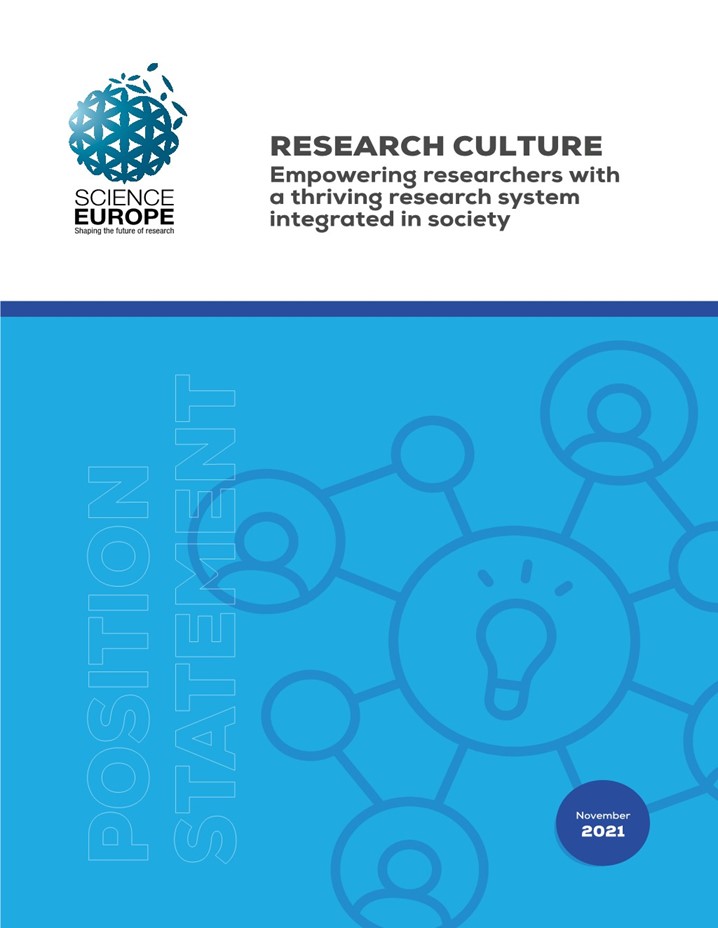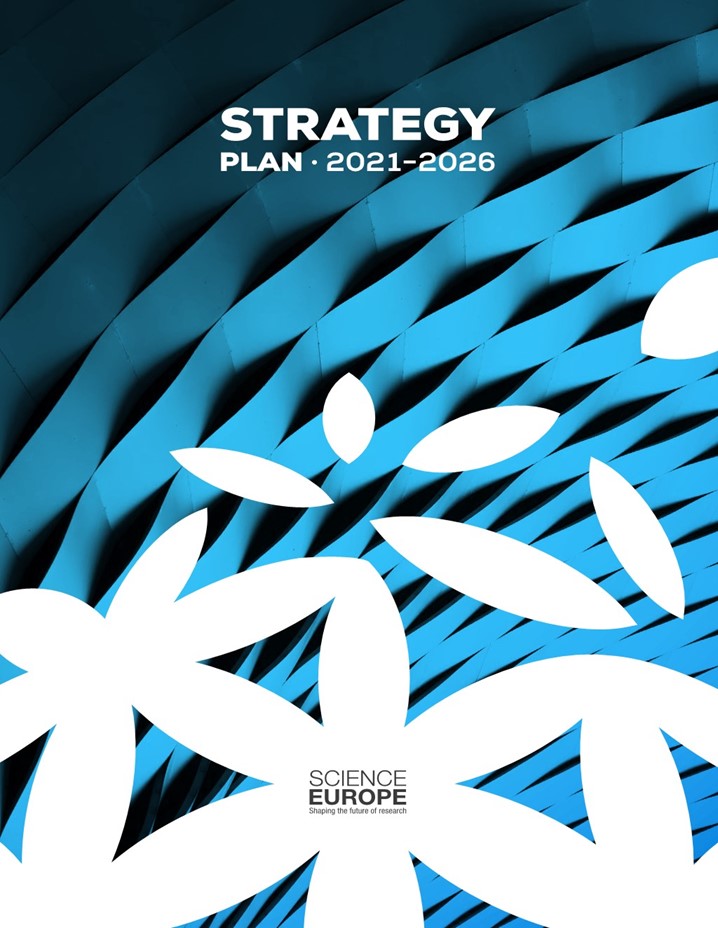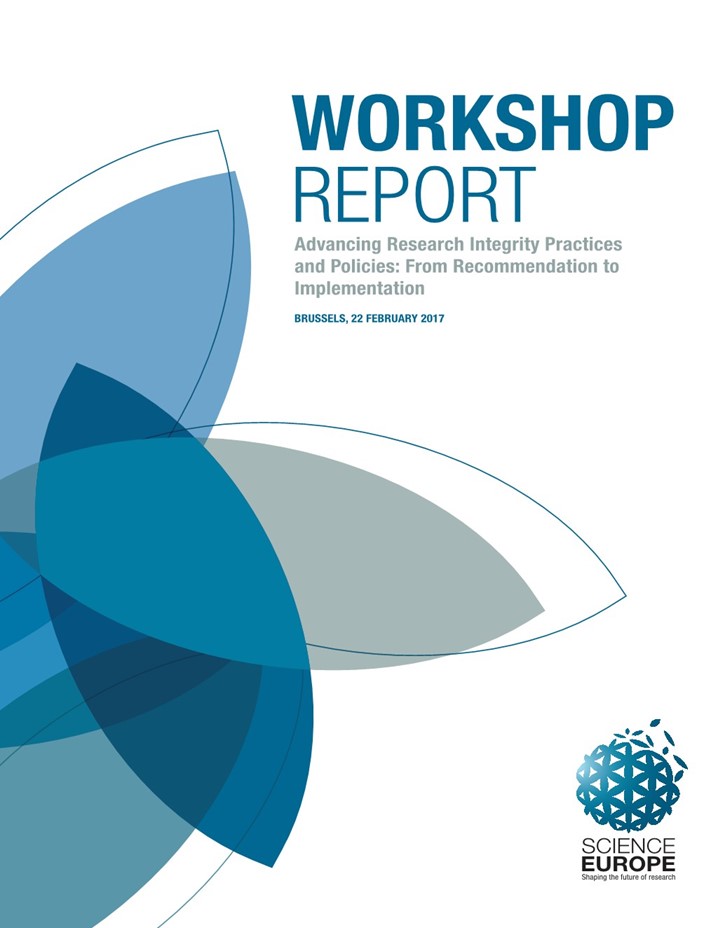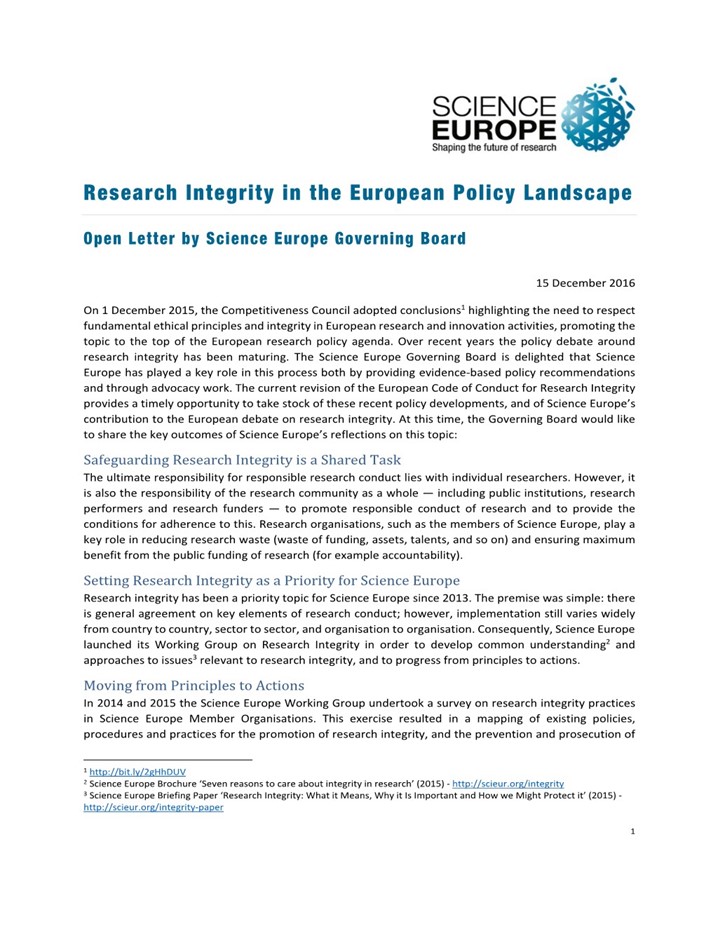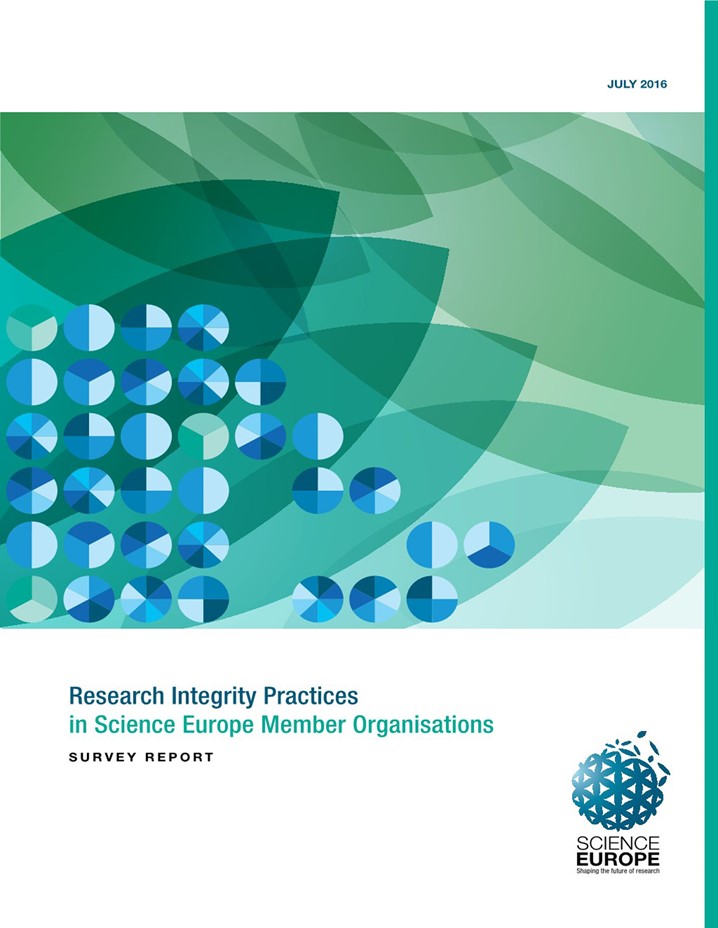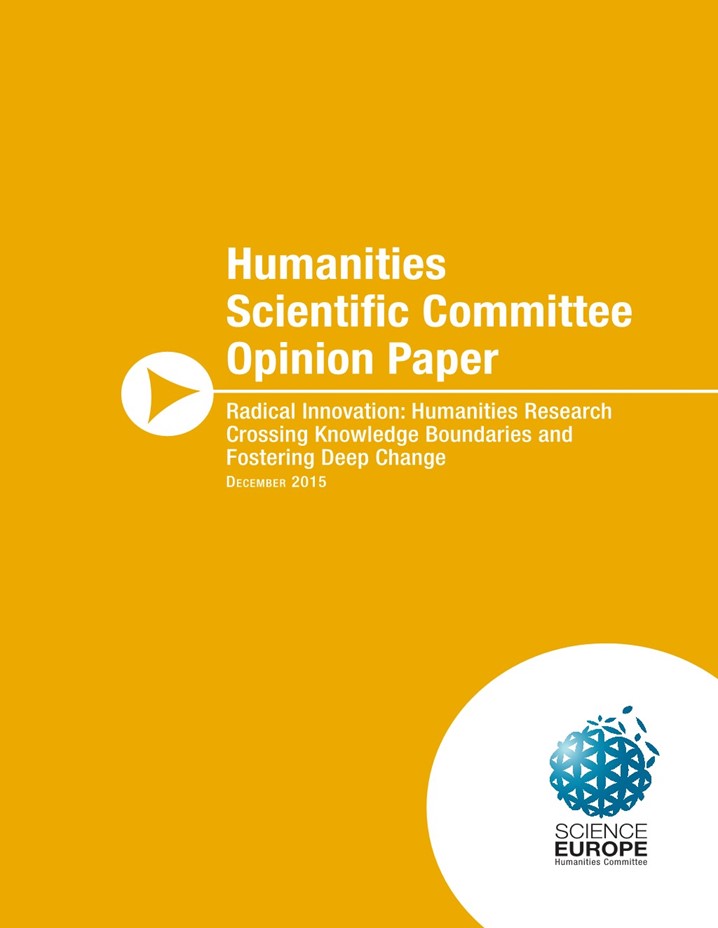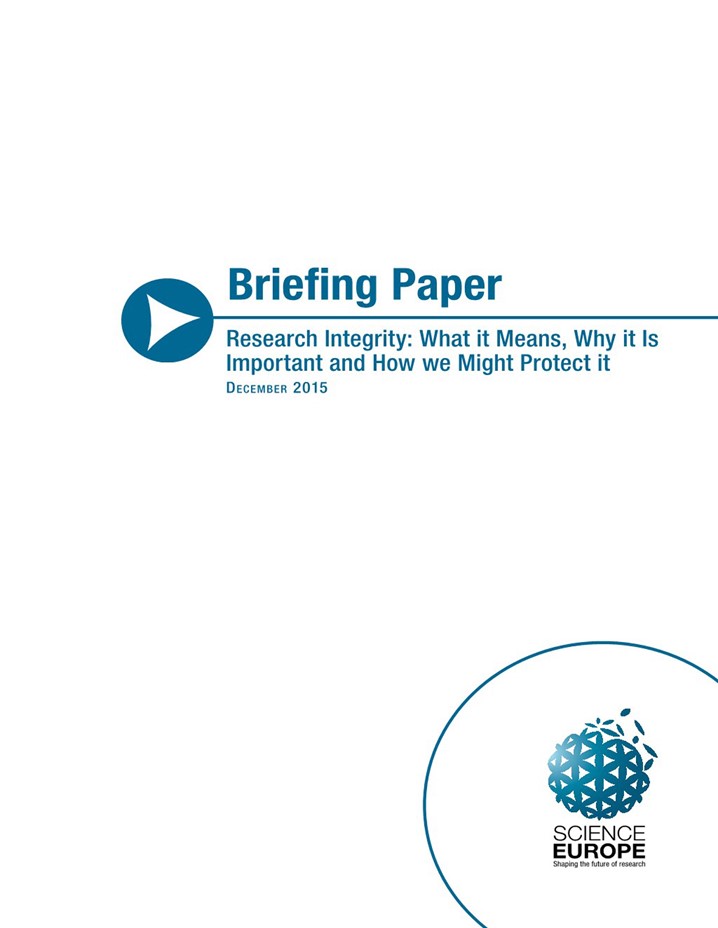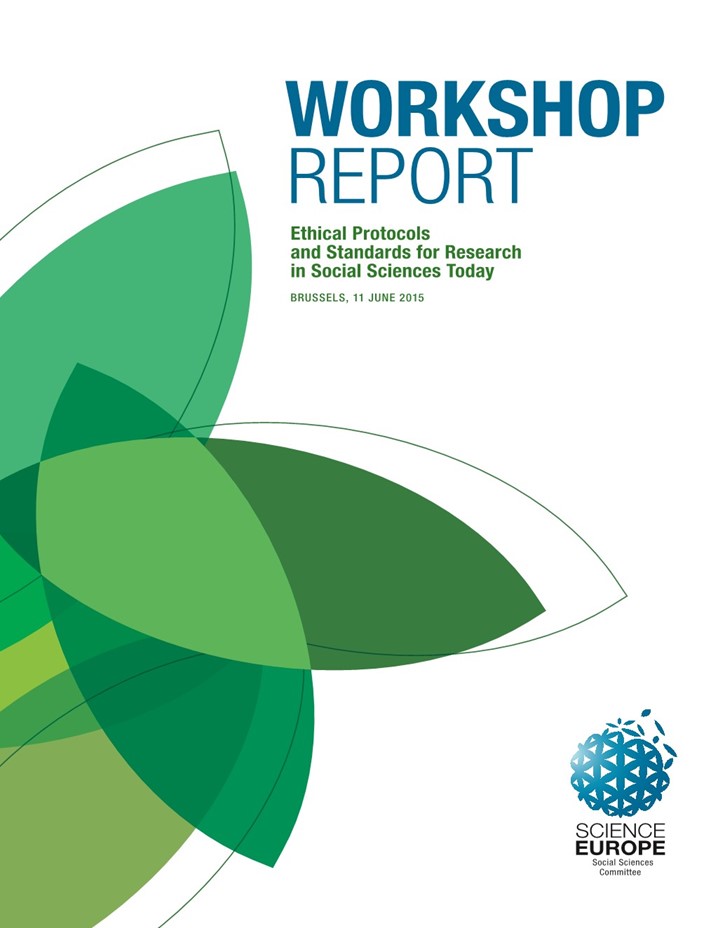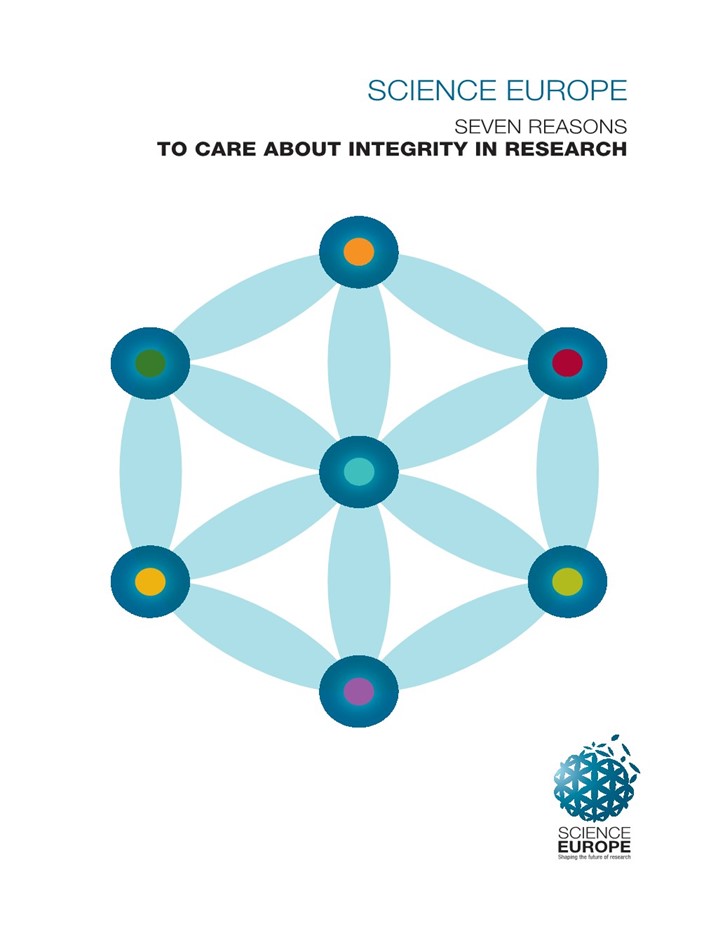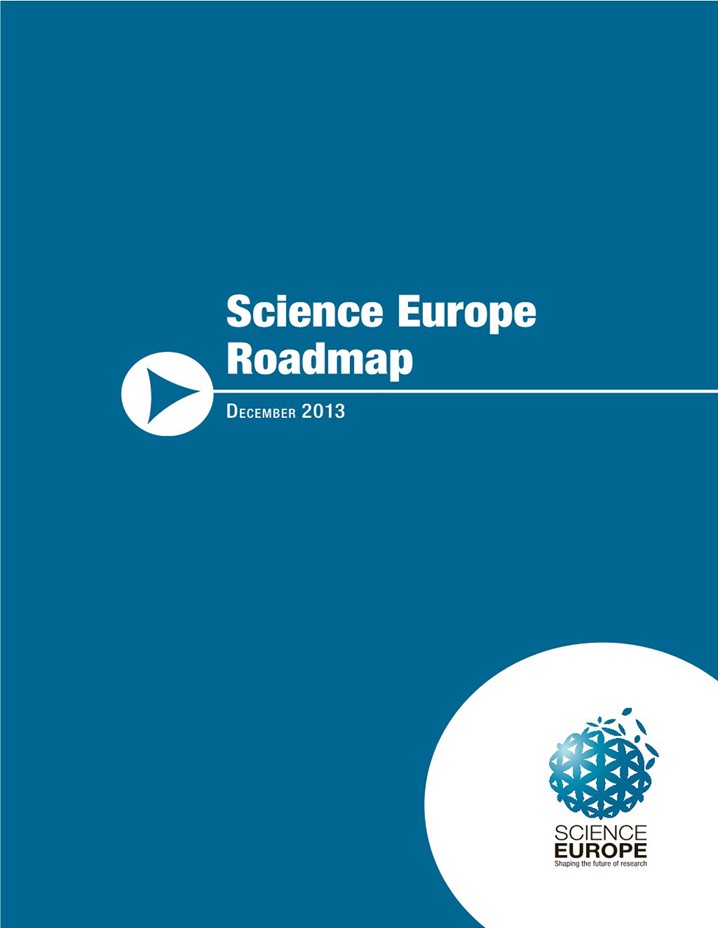Member-only content is available on this page. Please log in to view this content.

Our resources
Discover Science Europe’s comprehensive library of resources, including the most recent publications, briefings, and position statements.
25 resource(s) found
A Vision & Framework for Research Cultures
Science Europe presents ‘A Vision and Framework for Research Cultures’. It synthesises our recent work across numerous policy topics focussing them on the shared objective of R&I systems to advance knowledge and enable the quality and impact of research.
Survey Report Strategic Approaches to, and Research Assessment of, Open Science
This report analyses the role of public research funding and performing organisations in Europe in the shifting landscape of open science and research assessment reform. The findings demonstrate how Science Europe's Member Organisations actively shape and contribute to these developments.
Integrity at the Heart of Healthy and Effective Research Cultures
Research integrity is a cornerstone of robust and reliable research systems, and is linked to healthy research cultures, attractive working environments, and the collective goal to support high-quality research. This statements reaffirms its importance and offers recommendations to research organisations for further action.
From Ambition To Action: Fostering Research Excellence In Europe - 2023 Annual Report
2023 proved to be another landmark year for Science Europe: building on the achievements of the previous year and setting the direction for new approaches in vital areas of research policy.
Multi-annual Action Plan 2021-2026
This Multi-annual Action Plan proposes a series of framework actions to guide the implementation of the Science Europe Strategy Plan 2021–2026 in line with the association's updated vision, mission, values, and strategic priorities. The Action Plan was updated in June 2024.
Briefing on the ERA Policy Agenda
This briefing on the ERA Policy Agenda presents actions and advocacy points from Science Europe on the ERA Actions that it contributes to.
Action Plan Supporting CoARA
This action plan details the activities Science Europe undertakes to contribute to the Coalition for Advancing Research Assessment (CoARA) in the coming years.
Practical Guide to Supporting Diversity in Research Environments
Science Europe’s new ‘Practical Guide to Supporting Diversity in Research Environments’ highlights key findings from a membership survey conducted in 2023, showcases good practices, and provides practical recommendations across topics such as positive action measures and the collection and use of diversity data.
Research at the Heart of Europe’s Ambition – 2022 Annual Report
In 2022, Science Europe made significant contributions in various areas, including research culture, research assessment, open science, EU framework programmes, the green and digital transition, and science communication.
Recognising What We Value: Recommendations on Recognition Systems
Researchers, research services, and other community members at Research Funding and Performing Organisations play a key role in establishing recognition systems through the research assessment processes that they implement. These recognition systems strongly contribute to determining what is understood as research quality and excellence. Based on the Science Europe Values Framework (published in July 2022), this paper provides practical recommendations and good practice examples detailing how research organisations can continuously improve the way they assess research and researchers. The recommendations help to embed our shared values and contribute to the evolution of research cultures in Europe.
Report of the 2022 High Level Workshop on ERA: Research Ethics and Integrity in the Context of Public Engagement
The 2022 High Level Workshop on the ERA dealt with the topic of research ethics and integrity when engaging with various public audiences.
Agreement on Reforming Research Assessment
This Agreement sets a shared direction for changes in assessment practices for research, researchers, and research performing organisations, with the goal to maximise the quality and impact of research. It includes principles, commitments, and timeframes for reforms and lays out principles for a Coalition of organisations willing to work together in implementing the changes.
Science Europe 2021 Annual Report
For Science Europe, 2021 was a very important year: the association celebrated its 10th year of existence. Founded in 2011, it has grown into a respected and influential voice in the European research policy debate. Moreover, we published a new Strategy Plan for 2021–2026, which maps our collective objectives and sets a specific yet flexible action framework over the next five years.
A Values Framework for the Organisation of Research
Science Europe launches a framework of shared values that serve as a guide to contribute to fostering a forward-looking research culture within the European Research Area, and globally.
Report of the 2021 High Level Workshop on ERA: Research Culture in the ERA
The 2021 High Level Workshop on the European Research Area dealt with the topic of research culture and how to keep the research sector attractive for current and future generations of researchers.
Statement on Research Culture - Empowering Researchers with a Thriving Research System
The new statement on Research Culture envisages an ERA that focusses on the quality of research and its processes, supports scientific freedom, and promotes social diversity and inclusion, acknowledging that these conditions will, in turn, foster a productive research system.
Science Europe Strategy Plan 2021-2026
The Science Europe Strategy Plan comes at a crucial time for European Research an Innovation (R&I) and includes an updated vision, mission, values, and set of strategic priorities for the association. It supports its Member Organisation in their mission to create world-class scientific knowledge, delivering more benefit for our societies.
Advancing Research Integrity Practices and Policies: From Recommendation to Implementation
This workshop aimed to advance implementation of the recommendations published in Science Europe’s Survey Report ‘Research Integrity Practices in Science Europe Member Organisations.’ The workshop explored the challenges in taking forward certain recommendations through the discussion of case studies presented by organisations that have already tackled some of the more difficult issues.
Open Letter from the Governing Board of Science Europe on Research Integrity in the European Policy Landscape
Safeguarding research integrity is a shared task. This is the core message of the Science Europe Governing Board in its Open Letter which is a contribution to the revision of the European Code of Conduct for Research Integrity. It provides the opportunity to take stock of the recent policy developments and of Science Europe’s contribution to the European debate on research integrity.
Research Integrity Practices in Science Europe Member Organisations
Research integrity is at the core of the research endeavour. It is the basis for researchers’ trust in each other and in the research record and, equally importantly, society’s trust in research. This report maps existing policies, procedures, and practices for promoting research integrity and builds upon this to make a number of key recommendations for improving research integrity including processes and policies, awareness raising, training, and collaboration.
Radical Innovation: Humanities Research Crossing Knowledge Boundaries and Fostering Deep Change
This Opinion Paper shows how arts and humanities research is at the heart of innovation processes. In this paper the Science Europe Scientific Committee for the Humanities advocates the need for a wider and deeper understanding of the concept of innovation, in order to better prepare Europe to tackle global challenges. The Committee points out ways to achieve stronger European leadership through the promotion of radical innovation by highlighting the contribution of arts and humanities research.
Briefing Paper on Research Integrity: What it Means, Why it Is Important and How we Might Protect it
This briefing paper looks at developments in efforts to address issues of research integrity. It explores the available data on the frequency of misconduct, why it is thought that researchers would commit misconduct in the first place, how national and international organisations have approached the promotion of research integrity, and the manner in which allegations of misconduct are handled.
Workshop on Ethical Protocols and Standards for Research in Social Sciences Today
Research in the social sciences regularly faces its own ethical issues, yet it lacks an equivalent codification of approaches that are tailored to its disciplines, as well as sufficient infrastructures at the institutional level to assess proposals. The importance and value of ethics in social sciences research are not yet universally embraced, creating divergence in approaches and resourcing between countries, institutions and disciplines. Furthermore, social sciences research is undergoing a period of rapid change. There is increasing participation in multidisciplinary projects, while changes in technology are creating new challenges for social sciences researchers, which need to be addressed. The social sciences urgently need ethical protocols that can function effectively across disciplines and can adapt to advances in research methodologies and strategies.
Seven Reasons to Care about Integrity in Research
Research integrity is intrinsic to research activity and excellence. It is at the core of research itself. It is a basis for researchers to trust each other as well as the research record, and, equally importantly, it is the basis of society’s trust in research evidence and expertise. This brochure sets out seven key reasons why research organisations should be concerned about promoting research integrity amongst their research communities.
Science Europe Roadmap
The Roadmap, approved by the Science Europe General Assembly in November 2013, is Science Europe’s action plan to contribute to the elements of a successful research system. It acts as a framework for voluntary collective activity, providing a long-term strategy for the association. The ‘Priority Action Areas’ are those in which Science Europe members believe that there is a potential to achieve tangible and substantive progress, and where they can add real value by working together.

